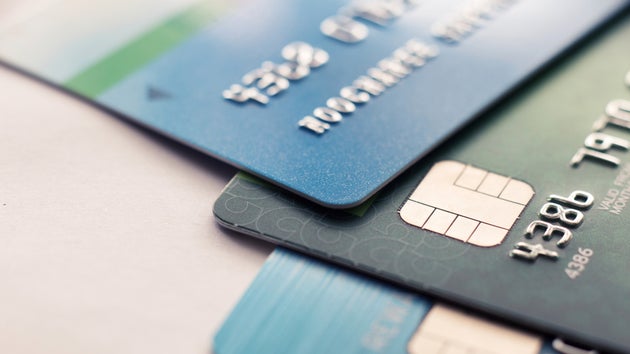Table of Contents
The different types of payment providers
The processor or payment gateway
A processor is often also called payment gateway or payment distributor. A payment gateway authenticates payment information and sends it within a secure environment from one group and the related bank to another. A payment distributor is either provided by a bank or by a specialized payment service provider.
Merchants use these to process credit card payments as well as other payments, for example bank transfers, invoices, direct debits. In e-commerce, the payment gateway offers numerous advantages for payment processing. With continuous availability 24 hours a day, card payments or alternative payment methods can be authorized at any time of the day and efficient processing can be ensured.
The dealer requires only a technical connection, but a gateway allows him to offer different payment methods to the customer. The dealer receives the payments directly from the financial institution that handles the cards or alternative payment methods. The integration of a payment service provider, which only acts as a distributor, can be an advantage to traders who offer only a few payment options or even want to take over the reconciliation of the accounts and payment streams.
Payment collector
A payment service provider can also be used by the dealer as a collector. It then collects the payments from various payment methods and financial institutions before passing them on to the trader. The merchant also receives a clear report on the individual payment flows. Without a collector, the trader would receive a separate billing for each payment method.
The settlements of each payment methods, however, usually take place at different times. Therefore, matching the accounts and payment receipts requires additional time and generates costs. A collector is therefore interesting for traders who offer several payment options or use cross-border transactions. The contractual negotiations with the individual payment options are made with the dealer.
Aggregator
In contrast to the collector, the aggregator takes not only over the technical connection and settlement of the payments but also the contractual negotiations with the financial institutions or alternative payment methods. The merchant has only a contract with the payment service provider and the latter has contracts with the other service providers.
Acquirer
Acquiring banks
Acquirers are banks or financial institutions that represent one or more online payment methods. They acquire traders as partners and conclude contracts with them regarding the acceptance, authorization and settlement of payment methods as means of payment for goods and services. They process the transactions and transfer the respective amounts to the merchant.
Any merchant who accepts credit card payments requires an acceptance contract. The acquirers again need an appropriate license from the card companies. Card companies such as Visa, Mastercard, American Express or Diners Club entitle the acquirer to issue cards with their own logo.
Acquirer vs issuer
The issuer or issuing bank is the commercial organization that underwrites the consumer. This line of credit is accessed through use of a credit or debit card, branded Visa, MasterCard, Discover, American Express and others. During any credit card transaction, the card issuing bank confirms the account holder is who he says he is, verifies that there are funds in the account to cover the purchase and authorizes the transaction.
Costs related to acquiring
The acquirer charges an amount for his service, usually representing a percentage of the sales. This fee also includes the interchange charges for the card issuing bank. Interchange charges vary widely depending on the country or region. If a dealer has many customers who buy from him with foreign cards, he can get a better rate from the acquirer than if only local cards are used. In addition to authorizing payment at the customer's bank, acquirers are increasingly active in the detection of misuse.
Additional Services
In addition to the acceptance, authorization and billing, the acquirers are also responsible for ensuring that the merchant complies with the Payment Card Industry Data Security Standards (PCI DSS). Acquirers are also taking over more and more tasks in fraud management, detection of fraud and fraud prevention.










